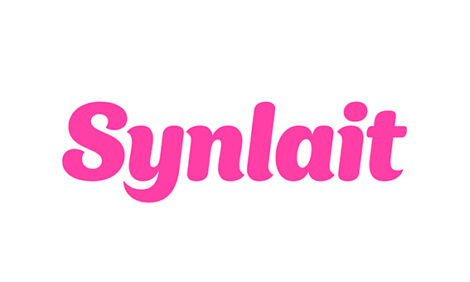



Brazil food exporter lobbyists blast government's new tax credit rule
The rules are unconstitutional, they sayBrazilian food exporter lobbies on Wednesday blasted the government's executive order imposing new rules for use of tax credits, claiming the rules are unconstitutional and will make companies less competitive on global markets, reported Reuters.
The backlash against the measure announced Tuesday represents the latest test in President Luiz Inacio Lula da Silva's shaky relationship with the powerful agribusiness sector, which had supported his predecessor Jair Bolsonaro.
Brazil is the world's largest exporter of commodities including coffee, beef, chicken, sugar and soybeans.
ABPA and ABIEC, which represent meat giants like JBS and BRF, said the measure will oblige companies to rely more on banks for credit, boosting expenses and burdening their operations.
"The effect on production costs is direct and immediate," their statement said, adding the move could trigger food inflation and job losses in Brazil.
The government said it is merely trying to close loopholes that benefit several industries, as it seeks to raise almost 30 billion reais ($5.66 billion) to eliminate the budget primary deficit this year.
The most affected sectors include pharmaceuticals, meat, fruit, coffee, cereals and biodiesel.
"In addition to making Brazil a major exporter of tax residues, [the executive order is] in total breach of the Constitution regarding tax exemption for exports," coffee exporters lobby Cecafe said.
Anec, which represents grains and cereals exporters in Brazil, did not immediately reply to a comment request. Neither has Abiove, which speaks for soy crushers including Bunge and Cargill with local operations.
Biodiesel lobby APROBIO, which uses soy as a basic raw material, said it will try to convince the government to reconsider the measure to protect investments and safeguard the country's efforts to transition into clear energy sources.
($1 = 5.3002 reais)



